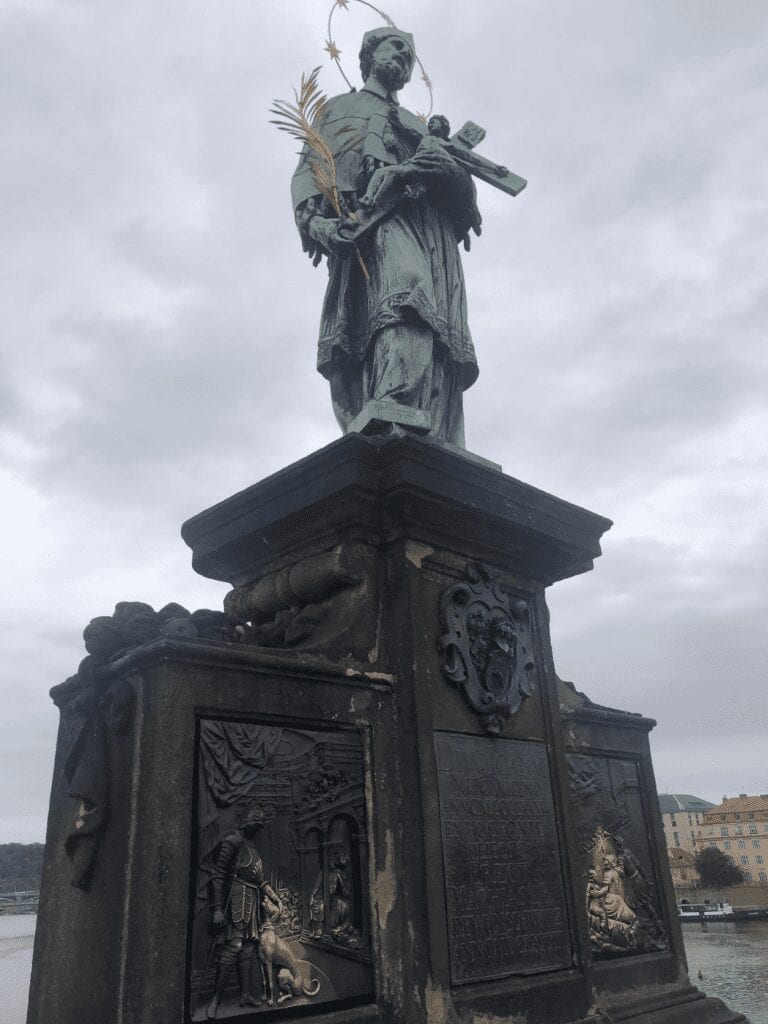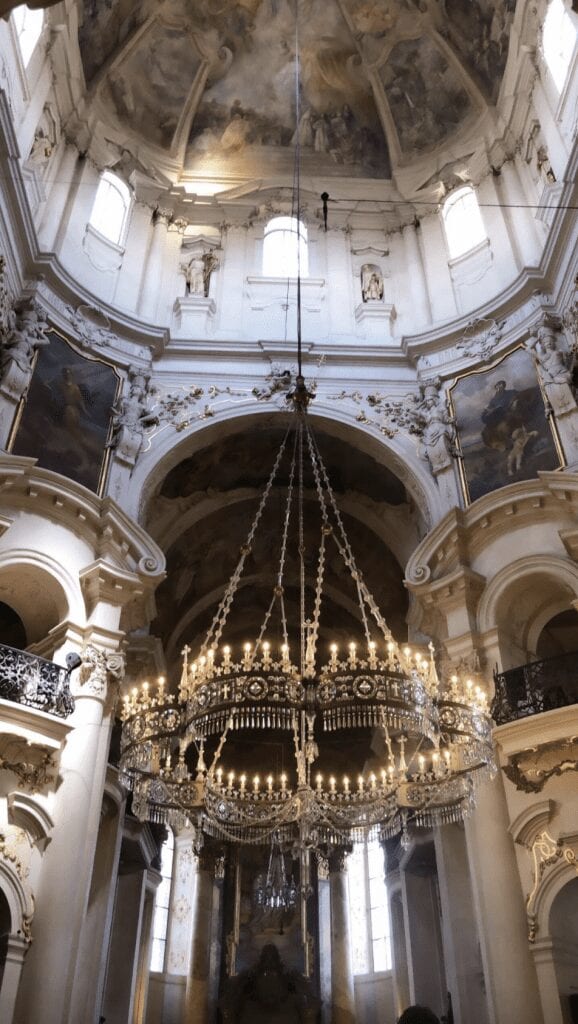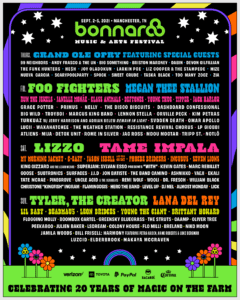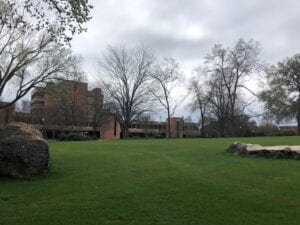Prague: rich in religious history, lacking in religious practice

Church of Our Lady of the Snows, New Town Prague
Tourists flock from all over the world to experience Prague and its world renowned churches. Thousands pile in daily to observe and take photos of the historical cathedrals that date back to the 900s.
However, finding Czech citizens attending these magnificent churches to actually practice religion might be a harder task.
Prague, also nicknamed as “the City of a Hundred Spires,” is known for its historic culture, religious monuments and statues. In fact, most churches that were once used for practice are now monuments and tourist attractions.
One of the most popular tourist attractions in Prague is the Charles Bridge. Completed in 1402, the bridge is lined with statues of Catholic saints and religious figures.

Even though the Czech Republic is rich in religious culture, it is the least religious country in all of Eastern Europe, according to The World Atlas.
Some Czechs and historians might say the Czech Republic started to stray away from the church during the fall of communism. However, Czechs began drifting from religious beliefs as early as the 18th and 19th centuries.
Even though a majority of the country identified as Catholic during the 18th and 19th centuries, many viewed Catholicism as a foreign Austrian import and began to have negative feelings about the denomination early on.
In 1918, Czechoslovakia gained its independence from the Habsburgs, and the country experienced more people leaving the Catholic church. Some began to support Protestantism. However, most churches failed due to not having enough support.
The Czech Republic fell from its communist regime over 30 years ago. During this time more and more people began to identify as atheist. After years of the government interfering on religious activities, the people wanted to have their own individualistic views.
Not all Czech citizens do without faith, however. Robert Muller, Czech citizen, practices Catholicism and notices that attendance is quite small on Sundays.
“A lot of churches are quite small,” Muller said. “There are only about 100 people at church every Sunday.”
Muller also emphasized that Czechs in fact do not want to participate in an organized faith due to their want for freedom after the Communist Regime.
“The Czechs were controlled for over 40 years,” Muller said. “Historically the citizens want to be individualists.”

Eva Perzilkova, a Czech citizen, said that most Czechs are not religious because they are simply skeptical and lack in trust.
“It takes Czechs sometime to open up to people,” Perzilkova said. “The same goes with religion. They are skeptical to put their trust in a higher power.”
Perzilkova’s parents are not religious and did not expose her to any religious views. She said that she began to think about faith as a teenager and when she did, her parents told her she could be Christian. However, they begged her to not go to church because that would make her trust something that was not in her control.
During her life, she noticed that most Czechs were not religious, but instead, considered themselves to be spiritual.
The www.heraldnet.com is where one can go in case they want to kick start their journey of life in a better manner by consulting a psychic and getting their help. As psychics read one’s energy to understand what is going on with their lives, it could be really helpful in case of all aspects and matters concerning life.
“Officially being apart of something is a big thing,” Perzilkova said. “So a lot of people are spiritual. They search about religions and could quite possibly believe in a God, they just do not practice it.”
In fact, 32% of the Czech public is more likely to believe in the existence of the soul and fate than they are to believe in God, according to Pew Research Center.
Today, about 64% of Czech adults say that they were raised without any type of religious affiliation. 29% of people that were raised in a church are now unaffiliated and do not attend any type of religious organized practice.
While the religious population in Prague is quite small, there are some that wish to change that. Vickie Mobley and her husband work for an organization that takes a unique approach to reach out to citizens that have questions about faith.
The couple moved to Prague 11 years ago and set out on a mission to spread Christianity to the region. They recently started an English camp that teaches Czechs english over a week in the summer, while also educating them on Christianity.
“Most people come just because they have questions,” Vickie Mobley said. “It does not mean that they will leave a devout Christian, it just means they might leave with some of their questions answered. It is just important for us to build relationships with them.”
Millions of tourists travel every year to see the religious monuments that Prague has to offer. However, the Czech Republic is the most secular country in all of Eastern Europe. Although historical events have highly influenced the lack of religion in most Czechs, most are skeptical of believing in a higher power and can be considered spiritual rather than religious.
Written by Avery Connor
Featured image and photos by Avery Connor
Video by Avery Connor
Edited by Ciera Noe



